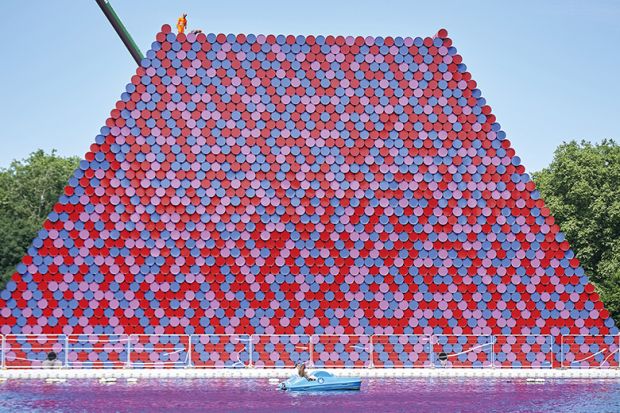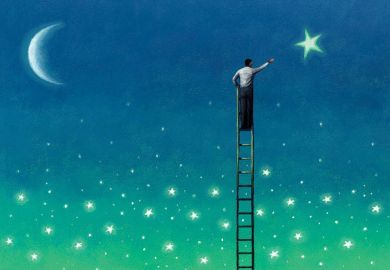It is a familiar trope: academics are under increasing pressure to publish, and are producing more papers in record time as a result. Now, the findings of an extensive new study offer a trunkload of evidence to suggest that more really is more when it comes to contemporary publishing trends.
Prompted by the notion that academics chase citation targets over personal research interests in order to be viewed as successful, two computer science researchers set out to explore the extent to which the state and scale of academic publishing have changed in the past century.
To do so, they developed their own program to analyse large-scale datasets covering more than 120 million publications, featuring 35,000 authors with 520 million references since the beginning of the 19th century.
Like the datasets, the subsequent research findings are vast – but many of the findings, published in the journal GigaScience this month, point to a stark increase in output. The authors found that while researchers who started their careers in 1950 published an average of 1.55 papers over a 10-year period, the generation who started their careers in 2000 published more than two-and-a-half times that (4.05 papers) within the same time frame.
And “hyperauthorship” is increasingly on trend. The analysis found “more and more papers are written by hundreds or even thousands of authors”, something that was found across all physical science research fields. Mass authorship may not be all it seems, however, since “honorary and ghost authors” were found to be increasingly prevalent.
On top of this, the mean title length of papers has increased dramatically – rising from 8.71 words in 1900 to 11.83 words in 2014 – as has the percentage of titles that include colons, exclamation marks and other special characters.
Michael Fire, a senior lecturer at Ben-Gurion University of the Negev, who co-authored the report, explained that there was good reason for this. “Academia is a hypercompetitive research environment, so many researchers do their best to get attention and more citations,” he said.
“This includes publishing more papers, using long and eye-catching titles, using more keywords, longer abstracts. It’s something that is also common in other competitive domains.”
The number of references found in papers has significantly increased over time, and is positively correlated with papers being cited more frequently. But at the same time, Dr Fire and co-author Carlos Guestrin, of the University of Washington, warn that “papers may contain hundreds of self-citations” – with figures showing a steady rise in the average number of self-citations per paper from 0.35 in 1950 to more than 2.2 in 2014 – highlighting an appetite for gaming the system.
Dr Fire told Times Higher Education that the study had confirmed his opinion that “nothing makes sense in the world of academic publishing”.
“I really hope our study will help researchers look at the system in a different light…[and that] this will [lead to] better or new measures that will actually encourage researchers to target impactful research,” he said.
POSTSCRIPT:
Print headline: It’s true: more means more!
Register to continue
Why register?
- Registration is free and only takes a moment
- Once registered, you can read 3 articles a month
- Sign up for our newsletter
Subscribe
Or subscribe for unlimited access to:
- Unlimited access to news, views, insights & reviews
- Digital editions
- Digital access to THE’s university and college rankings analysis
Already registered or a current subscriber?








